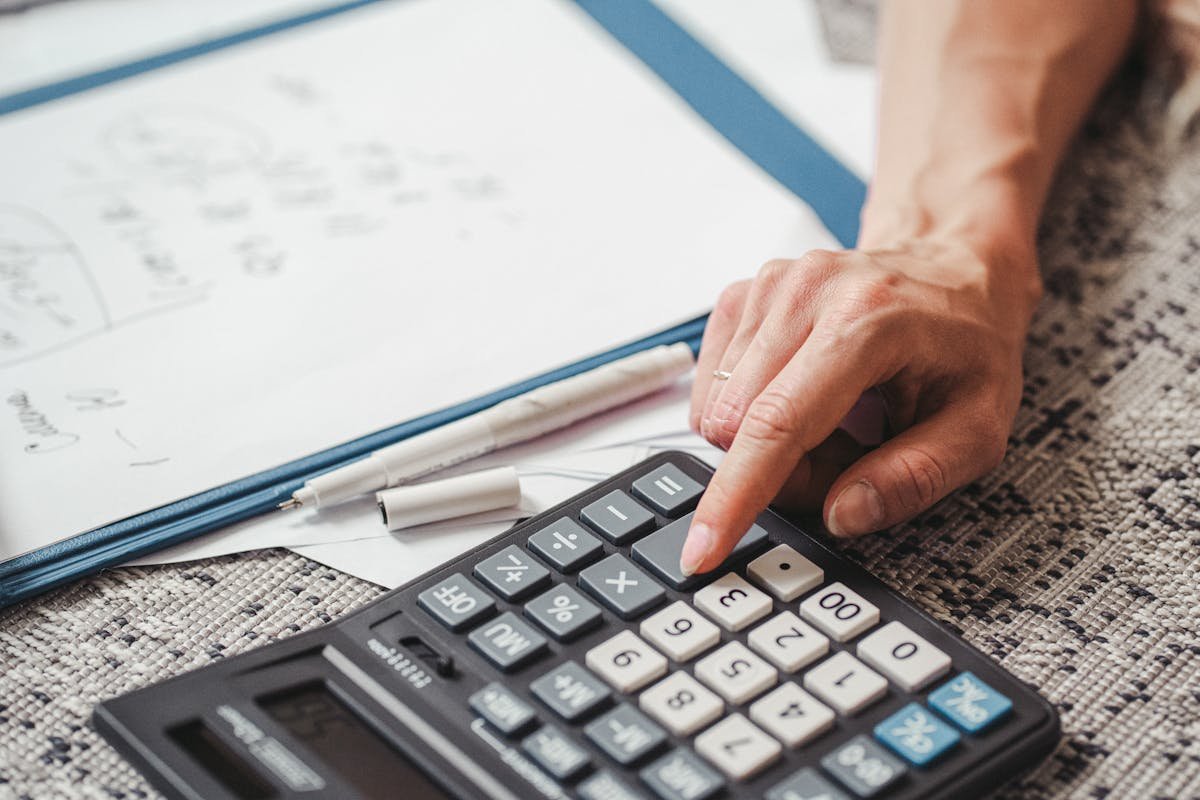Some of which you can predict-and some you cannot. For example: your rent and your electricity and water bills are always more or less the same amount of money, yeah? With these, it’s a little easier to budget for cash for this.
The others, though-the variable costs-can be a trap: they can trap you in debt, if you don’t plan and control them. Relax! Do not worry as this post is here to help about Budgeting Tips . Keep following along and learn how to avoid getting into debt because of Variable and fixed expenses
What are variable and fixed expenses?
Fixed Expenses are those expenses that you pay every month, such as rent, water, electricity, internet, telephone, transportation, and other bills you cannot avoid. They can be likened to the pillar of your budget because they are fixed, and you have to deal with them every month. The variable expenses are those that depend on the month. These are those that you can adjust based on your needs and desires involving:
- food;
- fun;
- shopping for clothes and shoes.

Variable expense is that expense which is simply vital because it directly impacts the final budget, so therefore, very important to keep track of as you can be so easily run through what you think.
Who hasn’t, at times-whit friends: spent a wee bit too much on the bill with each round of cocktails and snacks? Or, the ease of online shopping trick you into making a purchase for which you may not be completely prepared? Then comes the day when your quench gets cleared, or you receive your credit card bill, and you’re suddenly shocked at how much you spent. Even the most disciplined among us, trust me, are not immune to falling into such tricky situations, and the havoc it can create is annoying:
- ending the month in the red and having to pay overdraft fees;
- pay your credit card bill in installments and end up paying high interest for months;
- postpone (again!) the plan to save money for that new car or that dream trip.
How to control variable expenses?
You already understand how important it is to control and plan your variable expenses, right? But how can you do this if they change in value every month? First, it is important to understand that these expenses can be divided into three different types:
- essential variable expenses: these are those that, even if they vary in value each month, cannot be left out of the budget, such as food, babysitting services, parking and health expenses.
- superfluous variable expenses: these are expenses that are not strictly necessary (although they are important for quality of life), such as leisure, gifts, clothing and footwear purchases or food delivery.
- occasional expenses: these are expenses that only occur during certain months of the year, such as car maintenance, IPVA and IPTU or school supplies for children.
To have good financial control , it is essential to keep a record of all these expenses. This helps you understand where your money is being spent and makes financial planning easier.
Check out more tips below!
Tracking your Financial Planning
This tip will be of immense importance in managing your finances as a whole, both your fixed and variable expenses. You simply cannot be financially healthy unless you track everything that goes on in the month.
It can be done through a spreadsheet, an app, or even a notebook. Begin by putting all your income down first. Add both your fixed expenses and variable expenses. It will immediately tell you how much you spent in each category. And when you’ve gone past your limit, you will know quickly.
Reducing unnecessary Variable and fixed expenses
To cut unnecessary expenses, it’s important to identify areas where you can save money. Keep an eye on your transportation, delivery, impulse purchases, and subscriptions to services you don’t use. Once you’ve identified these expenses, adopt habits to reduce them. For example, you can:
- reduce the number of outings, preferring to receive friends at home;
- cook at home instead of ordering delivery;
Preparing your pocket for unexpected events and possible expenses
Unforeseen events can happen, so it’s important to have an emergency fund . Experts recommend having a fund that’s equivalent to about six times your monthly expenses, but any amount saved is a good start. Also, be prepared for occasional expenses, such as holiday gifts or taxes, and plan to include them in your budget. Avoid using credit cards or overdrafts, okay?
Monitoring your progress in Variable and fixed expenses
Track your spending and budgeting on a regular basis, so you can keep an eye on if indeed you are saving and reducing spending as planned. You may be able to alter your budget, so you do not get into possible money troubles down the road should you realize you are consistently exceeding budget in a particular area.
Utilize your tracking as a strategic element-by viewing stats and trends and then altering and making changes as necessary. Hopefully you will end up much more attuned to where you are spending money over time, and obtain far more control over your variable expenses.
Why is it so important to classify accounts?
Now that you know how to control your variable expenses, how about understanding the advantages of having this financial plan? It is important to organize your finances for several reasons. Take a look at the main ones!
Have long-term financial planning
This affords you the ability to make long-term plans over your own personal finances. This would come in handy if you will be owning a house, taking an international trip, or throwing a big wedding party.
Escape from debt in Personal Finance
Controlling your expenses is essential to avoid debt. Debt starts when your expenses are greater than your income . At first, you can find a way to pay it off by using your account limit, paying your bill in installments, or even taking out loans. However, all of these measures generate compound interest, which increases (a lot!) the original value of your expenses. If you use these solutions all the time, you will soon accumulate several debts.
Achieve financial stability
Proper financial management can bring stability and peace of mind so you can keep your accounts up to date. This is very positive for your well-being and also for your financial plans. After all, if your budget is always under control, financial institutions will open up incredible opportunities, such as better financing conditions or credit cards with higher limits , and even increase your credit score .
Make investments
With a healthy financial life, you can invest in options that can generate income and even increase your assets. This way, you will be on the path to true financial independence, with sources of passive income, independent of your monthly job.
Achieve quality of life
It is really bad living just to pay bills, don’t you think? One can really live a quality life and reach his dreams or personal goals when their finances are on top. And when budgeting is in place, there’s a potential for annual trips, more expensive outings, and even major purchases. However, this stability also opens doors for other career paths, investments in one’s profession, and personal fulfillment.
